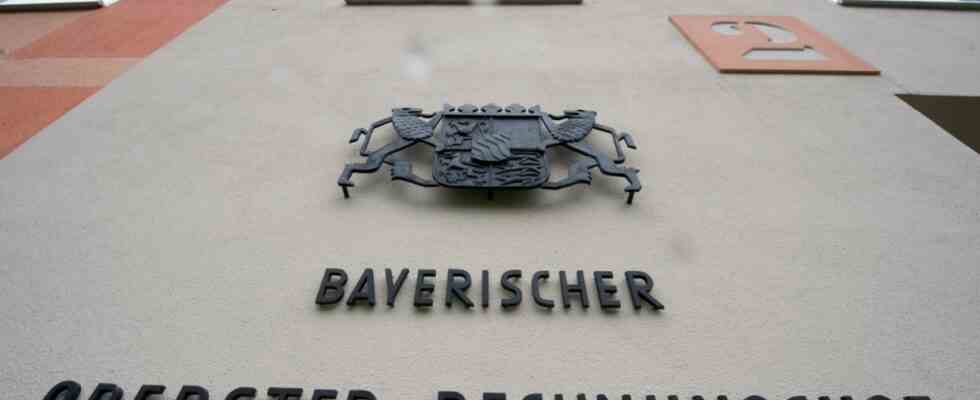The Supreme Court of Auditors (ORH) in Bavaria has indications that money for free meals for clinic employees did not reach the recipients across the board in the first months of the pandemic. In March 2020, the state government decided to support employees in hospitals or old people’s and nursing homes with free meals – 133 million euros were made available for this.
At a cabinet meeting of Prime Minister Markus Söder (CSU) at the time, this was also expressed as a thank you for the “great effort” of the workforce, they should “be able to do all they can to take care of and care for the patients”. In its examination, the ORH found that in more than a third of the cases examined, the lump sums did not initially benefit the employees – but ended up in the institutions.
The ORH announced this in its annual report, which will be published this Tuesday and was already delivered to the state parliament on Monday. Significant parts of the money were “misused” and “elementary budgetary principles” were ignored. The financial controllers therefore recommend that the state administration “finally review and, if necessary, reclaim” the benefits granted.
In any case, the pandemic is a focus of the report, which, in addition to individual reviews (of projects or funding across departments), is dedicated to corona loans. As early as February, the ORH had expressed doubts about the new debt needed due to Corona and thus about parts of the state budget for 2022. In 2020, the state parliament approved a credit line of up to 20 billion euros to deal with the pandemic.
A good quarter of this is still available for 2022. However, the emergency loans should only be used to combat the pandemic and its consequences, the ORH wrote two months ago. Everything else must be “substantially justified”. This week, the 2022 budget will be finally passed by the state parliament.
A decision by the Constitutional Court of Rhineland-Palatinate makes the topic explosive
The ORH warns in the report that the structural relief of the budget and the debt brake should not be lost sight of. Against the background of 5.1 billion euros in additional tax revenue last year, “a permanent reduction of the previous total credit line” of 20 billion euros should be examined. Measures financed by corona debt should “have a factual and temporal connection with the emergency”.
Specifically, it is about the “High-Tech Agenda Plus”, which Söder initiated as an “innovation leap to Corona” – with it credit money is used to finance professorships in future disciplines. The ORH lacks the precise justification of the effects of this and another program, including for digitization to “overcome the emergency”. In February, the Greens complained that Söder had “cheated in his own prestige projects”.
This is explosive because the Rhineland-Palatinate Constitutional Court decided just a few days ago on the credit-based Corona special fund of the state government there. The judges stopped parts of it as unconstitutional: the money flows into projects such as digitization, not intended because of the Corona emergency. Observers recognized the judgment as having a nationwide signal effect.
In February, Finance Minister Albert Füracker (CSU) replied to the ORH when it announced that the Free State was “extremely careful with taxpayers’ money,” which also applies to the credit authorizations. One saves “not blindly against this crisis”, but sets impulses for a sustainable business location.

